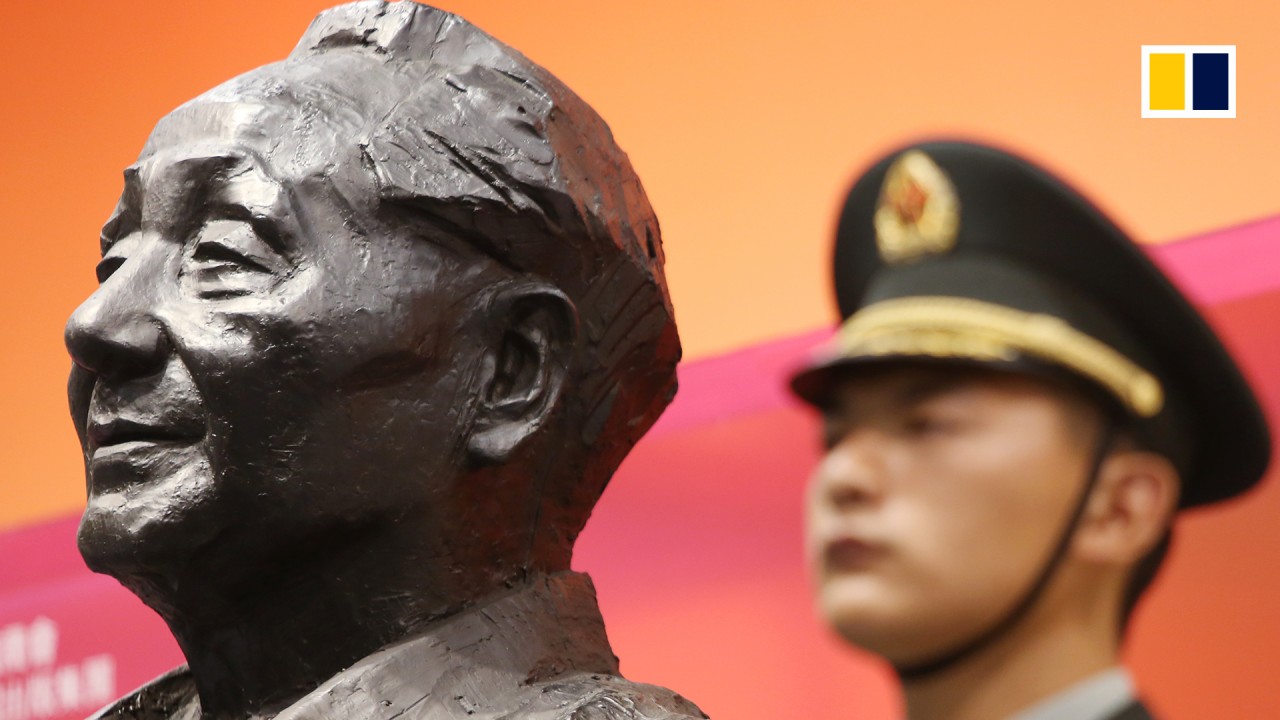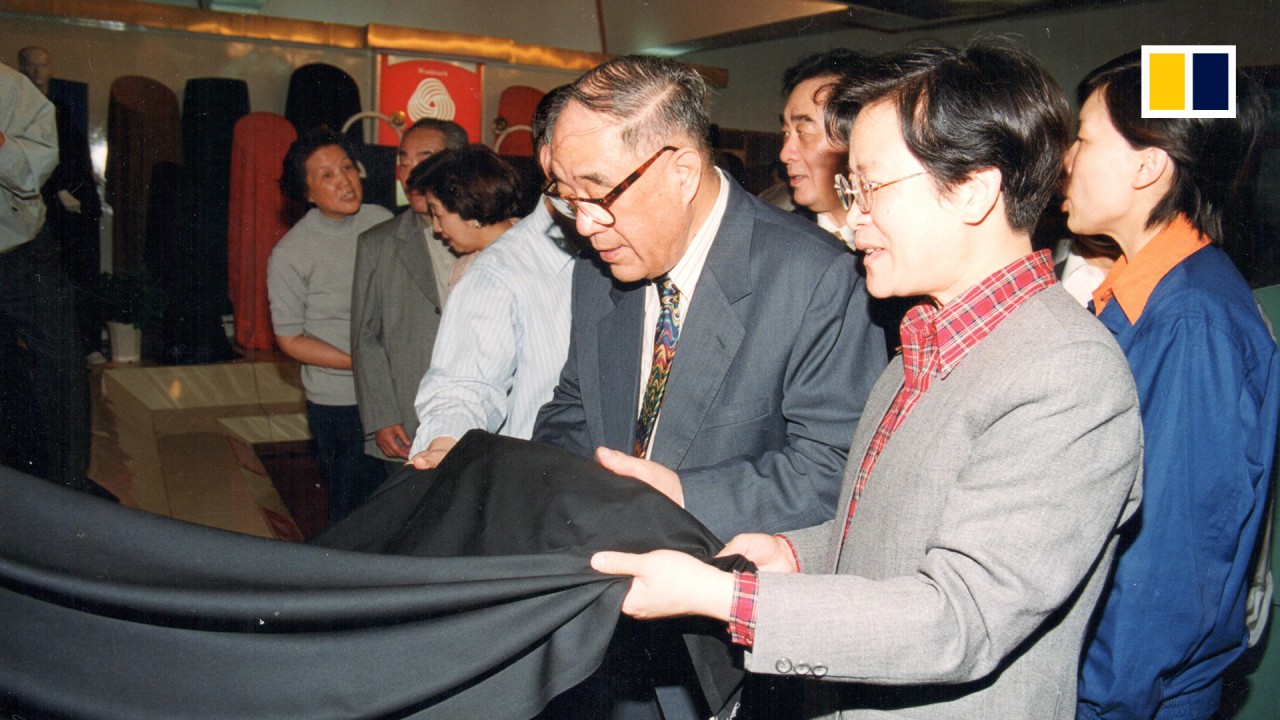
Guangzhou’s influential mayor Li Ziliu leaves transformative legacy
- During his six-year mayoralty, Li forged business and cultural links with neighbouring Hong Kong, promoting exchanges and trade
- His tenure as leader of the city in southern China coincided with rocketing economic growth in the 1990s, kick-started by Deng Xiaoping
Li died in the city which made his name after a sudden heart attack, according to Nanfang Daily, Guangdong province’s official newspaper.
The retired dignitaries were thanked for their contribution to the development of the province and were wished good health and a happy new year, according to a Nanfang Daily report.
Li’s six-year tenure as mayor of provincial capital Guangzhou began in 1990. Two years later, then paramount leader Deng Xiaoping kick-started the country’s long-needed economic reform during a tour of the province.
After three years of stalled economic activity because of the various rectification campaigns which followed the 1989 crackdown on the pro-democracy movement, Guangzhou’s growth rocketed.
By the time Li retired in 1996, the city was transformed into a hub for foreign trade and manufacturing, with a GDP of more than 260 billion yuan (US$37.1 billion), compared to 35.7 billion yuan (US$5 billion) in 1992.
Li lived up to his pledge to make the city a “modern international metropolis”, supervising the building of roads connecting the city to Baiyun airport – southern China’s airline hub – as well as the Guangzhou metro, major bridges and other large construction projects.
Earlier in his career, as party boss of Shunde, a county near Guangzhou, Li persuaded Hu Yaobang, then general secretary, of the benefits of allowing access to Hong Kong television programmes, regarded at the time as “anti-communist and pornographic”.
Li argued that the broadcasts from Hong Kong were not anti-party, anti-socialist or pornographic, and that they were quick to include the latest market information, which was useful in developing the economy.
Hu agreed, and from 1982 Guangdong residents were no longer forcibly forbidden from watching Hong Kong television.
Li actively promoted exchanges between Guangdong and Hong Kong. “Guangzhou’s openness is all-round, we welcome exchanges and links between Guangdong and Hong Kong, Macau and other parts of the world, but I think there is a closer relationship between Guangzhou and Hong Kong,” he once said.
He is also remembered for his heavy Cantonese accent when speaking Mandarin, a trait that was much-ridiculed while he was in office but later missed by many, who regarded it as a mark of his common touch.
Li was born in January 1932 to a peasant family in Shunde, a district of Foshan next to the provincial capital. After serving as party boss on his hometown’s municipal committee, as well as in the city of Jiangmen, he was first appointed as acting mayor of Guangzhou, before he was confirmed in the role.
He stepped down in 1996 because of ill health, and was replaced by Lin Shusen, the former provincial planning chief.
Li remained an adviser to the municipal government, partly because of his overseas contacts. After his formal retirement in 1998, he founded the New Century Agricultural Park in his hometown, attracting investments from Hong Kong giants like Henderson Land, New World Development and Shun Tak Group.
Li’s last known appearance was in September, at a Guangzhou municipal government press conference on revitalising Cantonese opera and the development of cultural industries.



